This year’s edition of the worlds biggest bicycle race has opened with nine stages of strife, struggle and splendor. While crashes and injury have dominated media coverage, largely due to the ill fortunes of an inordinate number of top contenders, a more complex narrative has been woven into the fabric of that famous yellow tunic.
At the closing of the ninth stage, this year’s Tour de France leader’s jersey will have passed between only three men: Philippe Gilbert, Thor Hushovd and Thomas Voeckler. Three great champions with character and tenacity in equal measure to their palmares, but more importantly, men who have come to be viewed as icons of clean cycling.
This fact has gone largely unspoken, and seems emblematic of a general hesitancy to broach the subject of doping during this year’s Tour de France. Even the notion that the race has cleaned up its act has been given little copy, in favor of stories about the dangerous racing. Is it simply doping fatigue setting in after decades of scandal that have culminated in a federal investigation of the race’s greatest champion, or has professional cycling waited too long to clean up its act?
As the peloton races through twenty-one stages that run the gamut of human experience, many fans of the sport will experience only five:
Denial
The opening week of the Tour de France is like a breath of fresh air for cycling fans drowning in cynicism and scandal. Before the suspicious performances following the mountain rest day or the superlative victory from a rider who keeps nefarious company, there is only the hope and optimism that comes with fresh legs and endless possibilities. This is when the wild card invites live up to their mandate, when the young and under and for a few days in July, anything seems possible.
There will be no talk of doping just as there will be no talk of a teammate who has not yet crashed, for one never knows what is around the corner. To praise a week of clean racing is to invite hubris into a house an unsettled house. In speaking neither ill of the past nor in praise of the present, one prolongs the great silence, all too aware of what comes next.
Anger
With repression comes eventual release, and the Tour de France is one of the rare sporting events in which the passion of the fans is equal to that of the competitors. Riders grind into the Tour’s second week nursing bruises and scrapes from the first, and fans must begin to nurse old wounds of their own. Questions left unanswered, surprise performances and the standard non-denials from suspect teams and riders. The hopes of heroes and new comers fade, and optimism gives way to the idea that all is not fair in the world. As the race turns toward the great mountains that are heroically and symbolically conquered, one can no longer deny that in the past decade cycling has looked too deeply into this particular abyss.
The core ideology of bicycle racing is that of religious experience and transfiguration, rich with symbolism and mythos. While there have always been drugs in professional cycling, EPO and blood transfusions saw things taken too far. One can understand cheating, but to refine victory into a science and to do so by manipulating that very thing which pumps life through our earthly vessel is to strip away the entirety of faith and mythos that the Tour de France has accumulated throughout the past century. The curtain has lifted and a terrible bitterness has settled on the cycling world, one reserved for those things that are most difficult to forget.
Bargaining
There is a long tradition of mass mediated moral reconciliation that takes place during the Tour de France each year. The popular narrative offered throughout the past decade was that everyone was doping, therefore the field was equal and the competition fair. The present narrative is even more deceptive in its simple moralizing and tempts one to believe that the hero can be supported distinctly from the villain. This is, of course, untrue. If one supports the hero, one tacitly supports the villain; a corrupted system does not distinguish between positive viewership and negative viewership. There is no morality in numbers.
Paul Kimmage famously observed how Bernard Kohl had destroyed himself to rise to third overall in the 2008 Tour de France, wrongly praising his performance as a victory for clean cycling. In doing so, he bargained his way out of the obvious realization that Kohl had never performed anywhere near this level at any point in his career. For the critical fan, there comes a point in each Tour de France where bargaining of some kind occurs. There’s no proof he saw that doctor. He wasn’t convicted. They may have been someone else’s initials. He served his ban.
Each year, in the middle of July, fans savor their last uncomplicated thoughts on the sport of cycling.
Depression
A villain lurks within sight of the final podium in Paris. A male rider who cannot explain why he sees a gynecologist vanquishes the local hero to win the stage. The breakaway is caught within sight of the finishing line. A positive test is returned. Day by day, the good guys die by degrees, and feelings of hope give way to the suspicion that one is at heart a fool to have believed in the first place.
The dream of a respectable podium dies once again, buried for another year.
Acceptance
In the end, one is forced to accept hard truths and the perspectives that come with them. If the good guys have failed, they have fought the good fight. If one has succeeded, perhaps it is one more than came good last year.
It is said that he who takes the wine gets the dregs, and for the fan of clean cycling, this year’s Tour de France has been of a finer vintage than most.
The yellow jersey has been well-honored by three champions untouched by doping scandal, and for the first time in recent memory, the Tour de France has a legitimate challenger for overall victory of which the same can be said. Australia’s Cadel Evans has been one of the most consistent grand tour riders of his generation, always good in the mountains, better in the time trial and taking each day as it comes. He has twice finished second in the world’s biggest bicycle race, and while some have characterized his performances as tame, I find in them a distinct lack of the false panache that riders like Amstrong, Pantani & Basso gained by prescription. His low cadence and characteristic grimace are more reminiscent of Lemond than Lance, and like a man of the 1980’s, he races and wins throughout the entire season. Remarkably, Evans has never been accused of nor linked to doping, and with his tactical acumen and the strong support of his BMC team, he is quickly becoming a favorite to win this year’s edition of the Tour de France. And yet, the team that may very well bring Evans his first Tour de France victory has many questions to answer with regard to doping scandal: a soigneur arrested with more than one hundred doses of EPO. An owner alleged to have paid for Floyd Landis’s doping program. A rogue’s gallery of riders and team employees with questionable associations.
I believe that Cadel Evans can win the Tour de France clean. I must, however, accept that he will do it with a team that may not be.
One day a brighter July will come, but until then, this is the best that I can hope for.
(Editor’s note: this commentary was filed with us by Joshua prior to today’s breaking news that Alexandr Kolobnev had been questioned by police and had quit the Tour de France after a positive test for the masking agent hydrochlorothiazide.)
You can follow Josh on twitter at @autofact, or on his blog – The Elements of Guile.

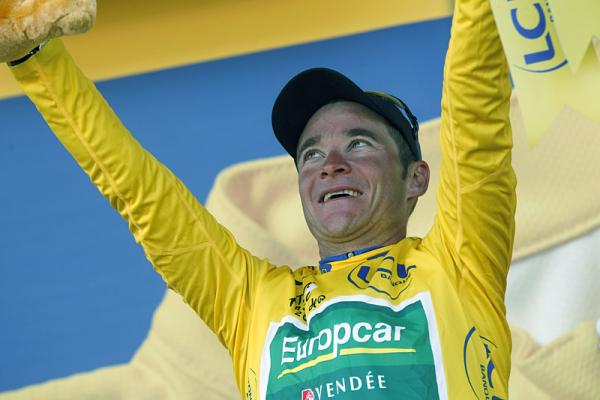

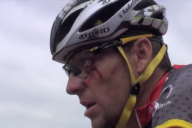
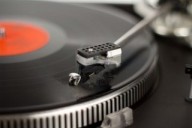



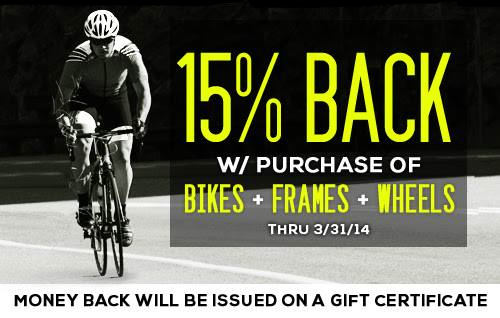

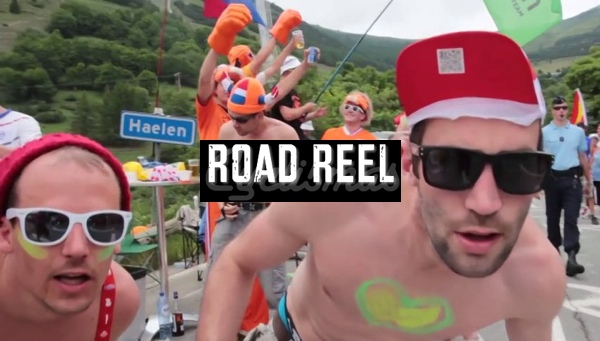
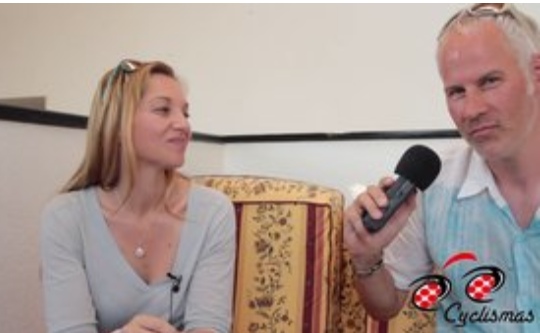
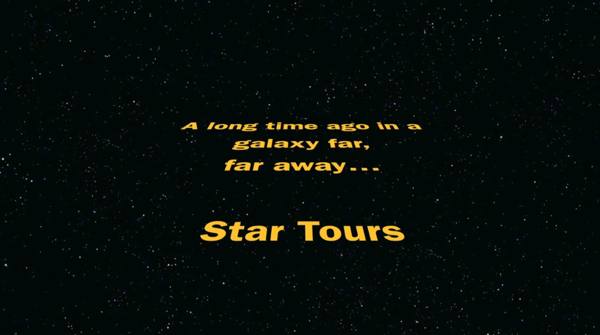
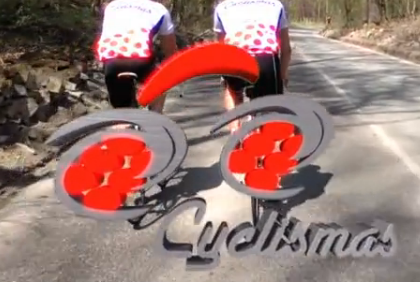

1 Comment
[…] Good piece on clean riding: Stages of Grief I reckon Stefan's right: Kolobnev was just doing what he does. Another theory goes that he's this […]